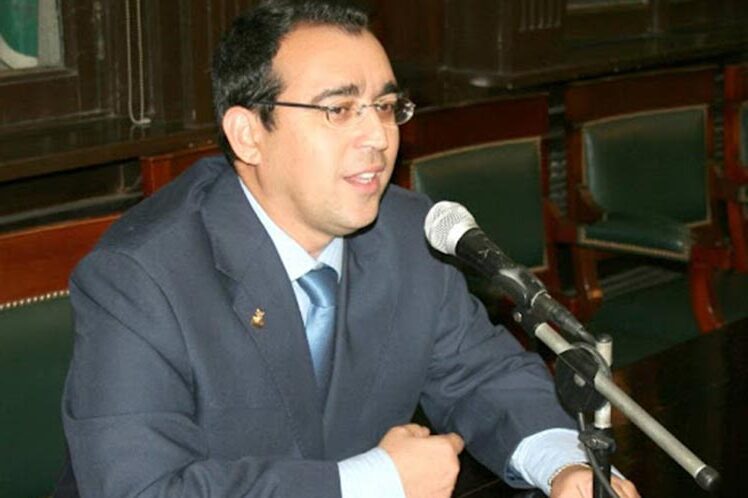Havana, Cuba: The recognition of multiparentality and socio-affective relationships characterize the draft of the Families Code in Cuba and make it one of the most disruptive in Latin America, an expert stressed today, Prensa Latina publishes.
The president of the Cuban Society of Civil and Family Law, Leonardo Pérez, explained the main differences between the text that will be presented to the Island’s Parliament for approval and the current regulation dating from 1975.
“The draft recognizes new forms of kinship such as socio-affective that is not regulated in the current code, also recognizes multiparentality and puts an end to binarismo in filiation matters,” he stressed.
According to the expert, the text proposes a greater inclusion, not only of diverse people for reasons of their sexual orientation, but also different people due to their age, the exercise of capacity and plurality.
“It also weighs gender roles and those of people who are part of previously invisible family models,” he said.
For example, it promotes greater care for the rights of older adults or persons with disabilities and at the same time, it visualizes the phenomenon of family violence in its various forms.
“In the face of concrete manifestations of this violence, the law establishes essentially legal consequences of a sanctioning nature for those who commit these acts,” he said.
One of the main differences with respect to the 1975 legal norm is that it makes other family models visible and advocates respect for diversity on the basis of the protection of human rights.
From a gender perspective, the document allows parents to determine the order of surnames, something new in the country.
According to the expert, the text enhances the progressive autonomy of girls, boys and adolescents, understanding the possibility that they may be protagonists of certain matters fundamentally derived from the exercise of very personal rights, to the extent that their cognitive faculties evolve and advance your age.
“Although what the child says once heard is not decisive, the best interests of her must be taken into account by any authority,” he said.
In general terms, the new norm includes a family communication regime that has not been foreseen so far, which encourages the strengthening of affective ties with all members, whether they are consanguineous, related and even close friends.
The specialist also emphasized that it favors shared care and custody, which makes it possible to guarantee that both women in their role as mothers, and men in that of fathers, have a leading role in the positive upbringing of their children.
Compared to other nations in the region, “I believe that the Family Code will become one of the most modern in Latin America and will place Cuba at the forefront in family law legislation,” said Pérez.
For the teacher, Argentina has a civil code that sets the standards in the continent, however, despite its modernity, it still establishes that every child has a father and a mother, that is, it maintains filial relationships on the basis of binarism.
According to the jurist, in relation to the Convention on the Rights of the Child, several Latin American countries have adopted norms such as the laws for the comprehensive protection of children, which positivize and receive the principles and values ??enshrined in that United Nations document.
“This is a deficiency that must be solved in Cuba: the need for a law on the comprehensive protection of children and adolescents,” he explained.
According to the specialist, the draft under review looks more like its time than its authors.
“The text raises the principle of the search for happiness as a compass to interpret and apply the right of families, hence its eudemonistic character, to this is added the role of affection and diversity,” he stressed.

